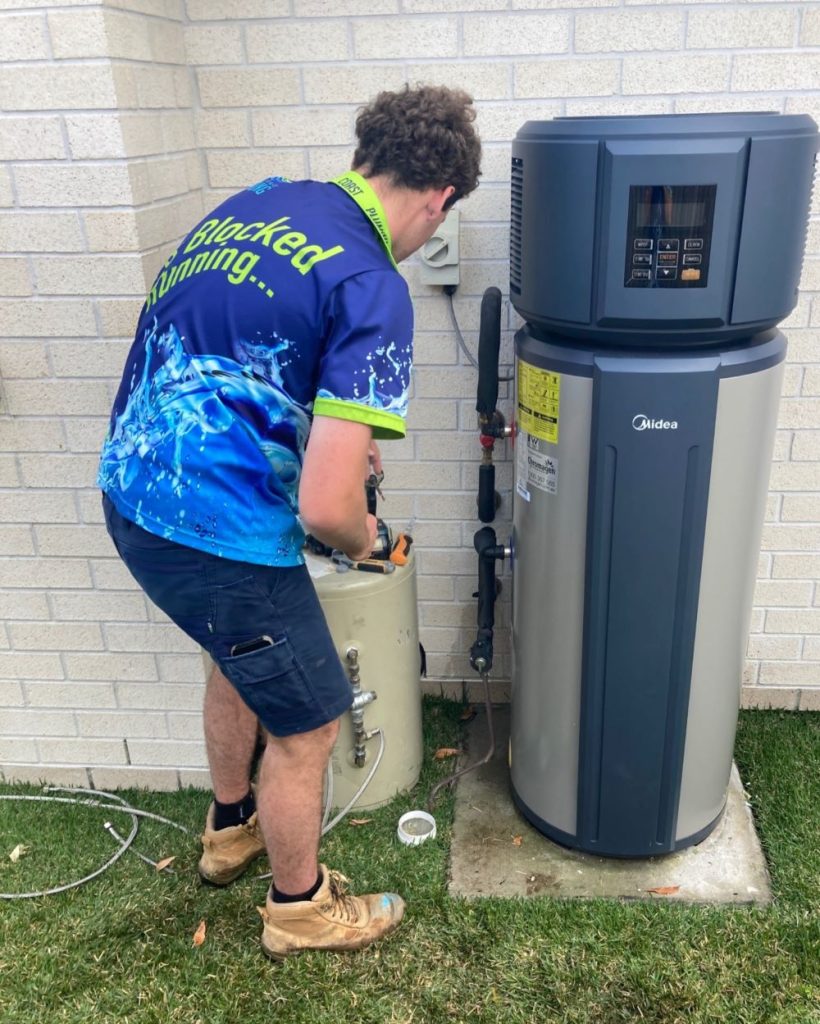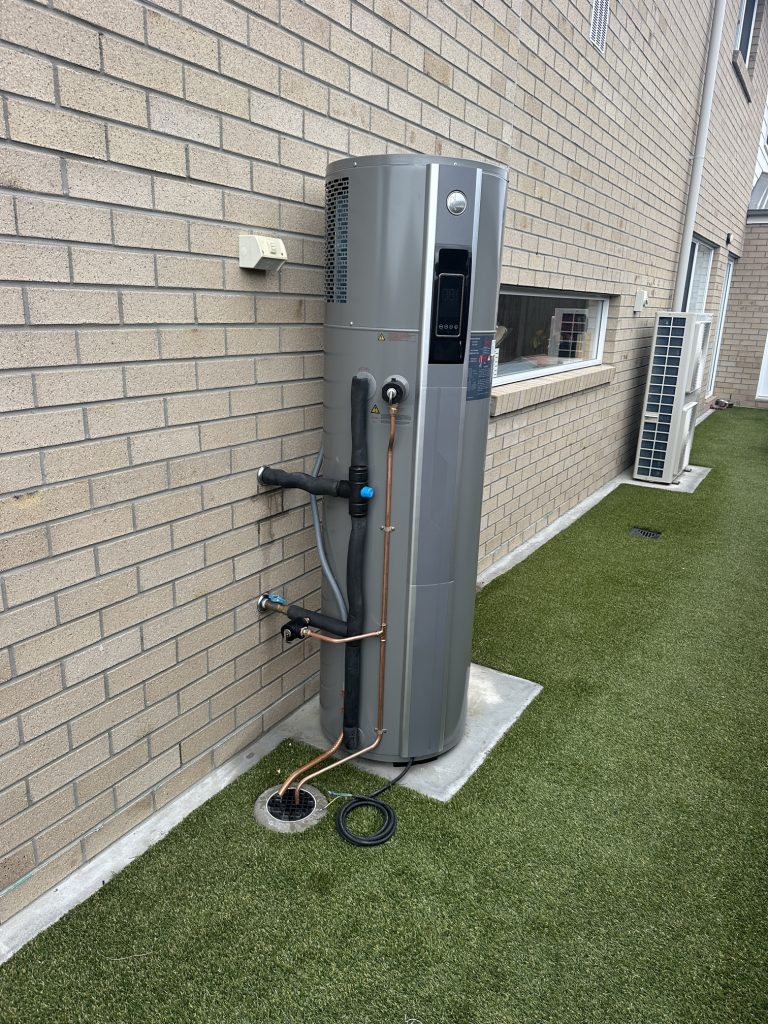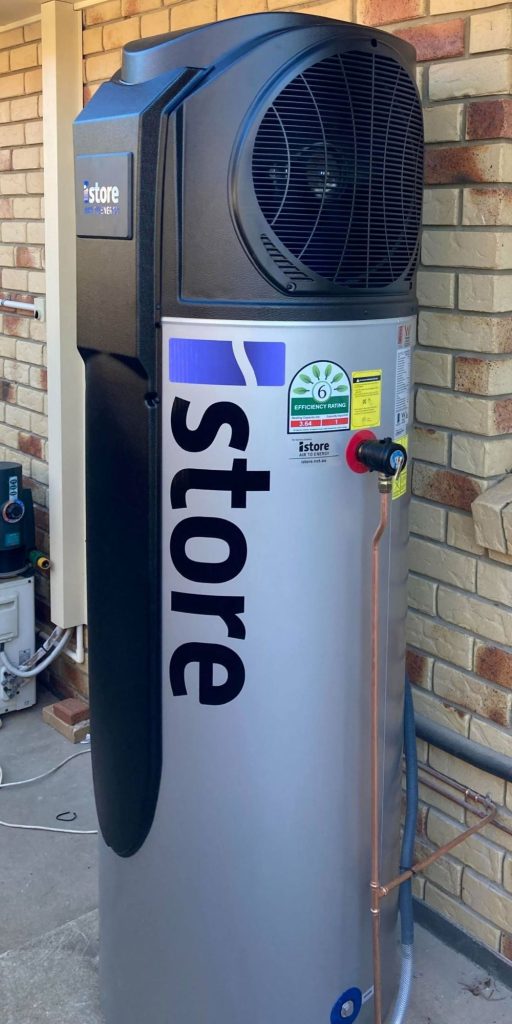Overcoming the Unique Challenges of Selecting Hot Water Systems for Queensland's Climate
When it comes to selecting the ideal hot water system for your home in Queensland, the decision goes far beyond just picking a brand or considering water capacity. It necessitates a thorough understanding of various critical factors, including the local climate, specific humidity levels, electricity tariffs, and your household's typical water consumption patterns. As energy costs continue to rise, many households are increasingly opting for heat pumps due to their impressive energy efficiency and eco-friendliness. However, it’s essential to recognise that these systems may not be suited for every property type or location. Evaluating all relevant elements is vital to ensure that you select a solution that offers optimal performance and longevity for your specific hot water needs.
This article is designed to delve into the operational effectiveness of heat pumps in Queensland’s varied climatic conditions. We will also identify which types of residences gain the most advantages from these innovative systems and dispel common myths that may lead to subpar performance or misguided system selections.

Enhancing Heat Pump Efficiency in Queensland's Coastal Environments
Heat pump water heaters function by extracting thermal energy from the air in their surroundings. Their operational efficiency significantly improves as air temperatures rise. In the coastal regions of Queensland, notably in well-loved areas like the Sunshine Coast, Brisbane, and the Fraser Coast, average air temperatures tend to remain above 5°C, even in the winter months. This consistent warmth enables heat pumps to operate efficiently throughout the year without requiring electrical boosting or supplementary heating elements, which are often needed in cooler climates. By harnessing this natural energy, homeowners can enjoy reduced energy bills while also minimising their carbon footprints.
Essential Environmental Factors That Enhance Heat Pump Performance
| Factor | Impact on Heat Pump Functionality | Coastal QLD Efficiency |
|---|---|---|
| Average ambient temperature | Higher = more efficient operation | ✓ Consistently maintained above 5°C |
| Humidity levels | Moderate improvements | ✓ Generally high and stable |
| Access to off-peak electricity | Lower operational costs | ✓ Widely available in most regions |
| Roof shading | Not a significant factor | ✓ No detrimental impact on system |
| Direct sunlight exposure | Not a necessity | ✓ Functions well in shaded conditions |
Identifying Scenarios Where Heat Pumps May Underperform
Though heat pumps offer numerous advantages, certain scenarios in Queensland can lead to suboptimal performance:
- Inland or elevated regions
In locations such as Toowoomba or the Hinterland, overnight temperatures can drop significantly during the winter months. In these cases, specific heat pump models may struggle to maintain optimal efficiency without assistance from a booster element, which can result in higher energy consumption and costs. - Restricted or poorly ventilated outdoor spaces
Heat pumps require adequate airflow around their compressor units to function effectively. In cramped or enclosed areas, the efficiency of heat extraction may decrease, and operational noise could increase, potentially causing disturbances for those living nearby. - Large households with substantial water demand
In homes accommodating more than six residents, systems designed for greater water storage or quicker recovery times, such as solar-boosted gas systems, may be more effective in meeting high hot water needs efficiently.
Dispelling Common Myths About Heat Pumps in Queensland
“They become ineffective during winter.”
This misconception may hold true for colder southern climates; however, it is incorrect for Queensland. In regions where average temperatures consistently exceed 5°C, heat pumps retain their efficiency throughout winter, reliably providing hot water solutions even during cooler months.
“Solar panels are essential for heat pumps to function.”
This claim is misleading. Heat pumps can operate independently of solar photovoltaic (PV) systems, although integrating them with solar energy can further enhance your energy savings and sustainability.
“Heat pumps are excessively noisy and disruptive.”
Modern heat pump systems are designed to be significantly quieter than older models. When installed correctly in well-ventilated areas, the noise generated from the compressor unit is minimal, ensuring comfortable living conditions.
Effective Strategies for Enhancing Heat Pump Installation and Performance in Queensland
- Select a system tailored for Australian conditions
Opt for models that boast high-efficiency ratings and reliable local support, such as istore or Stiebel Eltron, renowned for their exceptional performance in Australia’s unique climate. - Install in a well-ventilated but shaded area
Although heat pumps do not require direct sunlight, they do need sufficient airflow around the unit to function efficiently and effectively. - Implement timers or smart controls
By programming the system to operate during solar power generation periods or off-peak electricity hours, you can significantly enhance energy savings and reduce costs. - Correctly size your system
A capacity of 250–300 litres is generally adequate for the needs of most families. An undersized system can lead to performance issues and increased reliance on boosting mechanisms, ultimately raising energy consumption.
The Crucial Importance of Local Expertise for Successful Heat Pump Installation
Installing a heat pump requires a tailored approach to ensure the best results. The most successful outcomes stem from working with a local plumber who possesses expertise in:
- Performance optimisation according to local climate conditions, ensuring the highest efficiency
- Eligibility for rebates such as Small-scale Technology Certificates (STCs) and various Queensland government incentives aimed at promoting energy efficiency
- Optimal placement and ventilation strategies for the unit to maximise performance
- Integration possibilities with solar PV systems or battery storage solutions, if applicable, to enhance overall energy efficiency
At Creek to Coast Plumbing, we specialise in providing and installing high-performance hot water systems, including heat pumps, throughout the Sunshine Coast and Moreton Bay regions. Our dedicated team is here to assist you in determining which type of hot water service will best meet your needs. As the demand for energy-efficient hot water solutions continues to rise, many individuals are weighing solar options against heat pumps. We will evaluate the specific conditions of your home, recommend the most suitable system, and ensure you are well-equipped for maximum efficiency.
Discover more information about our Heat Pump Hot Water Installations, or contact us for a personalised recommendation tailored specifically to your needs.
The Article: Heat Pumps in Queensland: Effective Solutions and Pitfalls first appeared on https://writebuff.com
The Article Heat Pumps in Queensland: Benefits and Challenges Explained Was Found On https://limitsofstrategy.com



